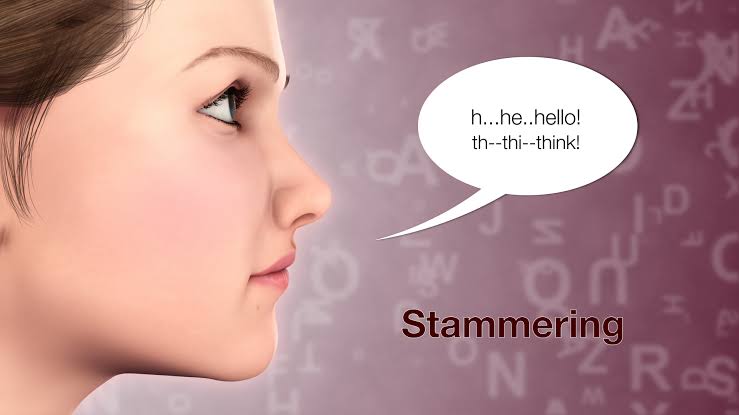
Stammering/Stuttering Therapy
Stuttering refers to a speech disorder that interrupts the flow of speech. People who stutter can experience the following types of disruption:
-
Repetitions occur when people involuntarily repeat sounds, vowels, or words.
-
Blocks happen when people know what they want to say but have difficulty making the necessary speech sounds. Blocks may cause someone to feel as though their words are stuck.
-
Prolongations refer to the stretching or drawing out of particular sounds or words.
The symptoms of stuttering can vary depending on the situation. Stress, excitement, or frustration can cause stuttering to become more severe. Some people may also find that certain words or sounds can make a stutter more pronounced.
Stuttering can cause both behavioral and physical symptoms that occur at the same time. These can include:
-
Tension in the face and shoulders
-
Rapid blinking
-
Lip tremors
-
Clenched fists
-
Sudden head movements

There are two main types of stuttering:
1. Developmental stuttering affects young children who are still learning speech and language skills. Genetic factors significantly increase a person’s likelihood of developing this type of stutter.
2. Neurogenic stuttering occurs when damage to the brain prevents proper coordination between the different regions of the brain that play a role in speech.